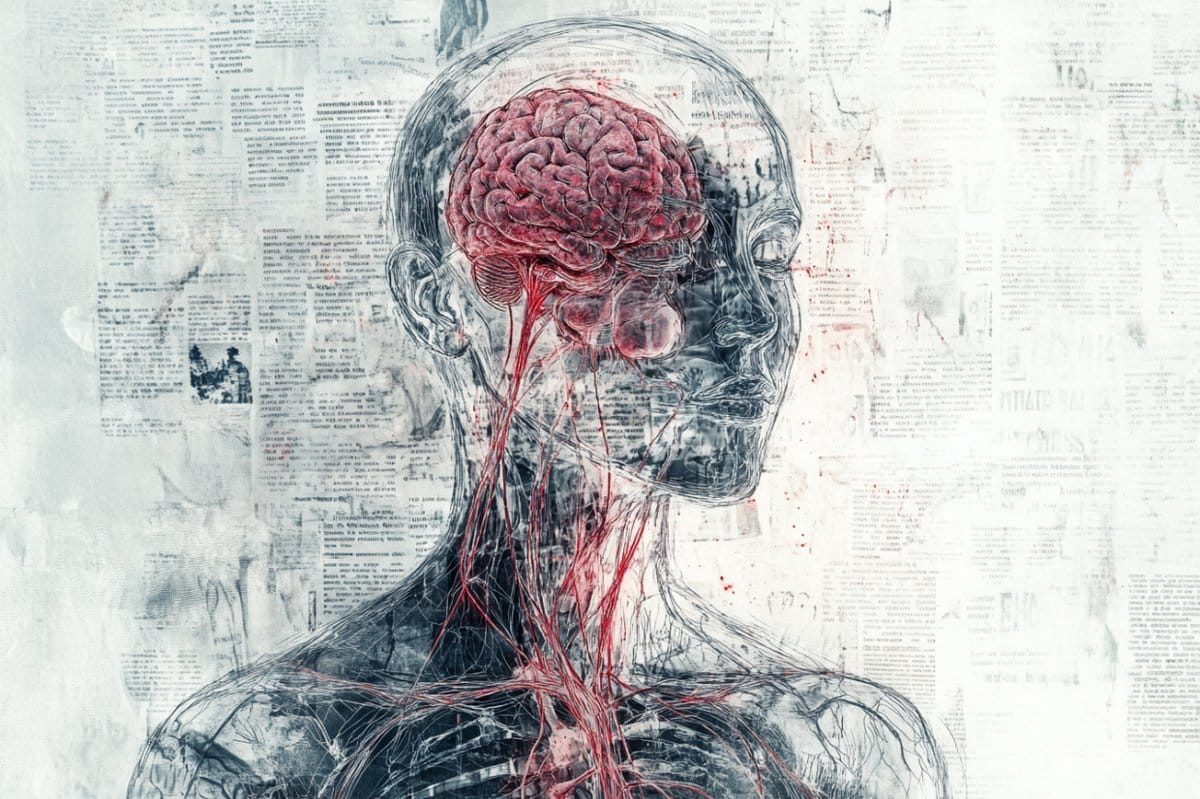The Lasting Impact of Trauma on the Human Body: Insights from Neuroscience
The Body Remembers: Embedding Trauma in Biology
The Oklahoma City bombing was a pivotal moment in American history, shattering lives and instilling deep-rooted trauma in many survivors. It serves as a case study for examining how traumatic events embed themselves not only in memory but in our biological framework. The idea that the body physically remembers trauma is supported by recent findings that suggest how stress from significant events imprints on physical health over time.

Long-Lasting Impacts on Mental and Physical Health
Extending beyond psychological distress, trauma can manifest as chronic illnesses or autoimmune diseases. Studies like those published in Nature demonstrate how genetic expression is altered through traumatic stress. The research delves into epigenetics, suggesting that trauma can switch on genetic markers that remain with a person throughout their life and, potentially, be inherited by future generations.
"The greatest weapon against stress is our ability to choose one thought over another." — William James
Recent Advancements in Neuroscience Research
Scientists have started leveraging advanced imaging technologies to explore the neurological aftermath of trauma. By utilizing MRI scans in individuals with known histories of trauma, researchers can observe specific brain areas, such as the amygdala, which may remain hyperactive or enlarged due to past events. This approach unveils the physical differences in brain structures, supporting the notion that trauma has a persistent physiological effect.
For those interested in the science of mind and body, books like "The Body Keeps the Score" offer a comprehensive overview of how trauma imprints on the body and brain, influencing overall well-being.
Therapeutic Interventions: Rewiring the Mind-Body Connection
Emerging therapies focus on disconnecting trauma imprints from the body. Approaches such as EMDR (Eye Movement Desensitization and Reprocessing), mindfulness practices, and somatic experiencing are seen as beneficial. These therapies aim to realign the mind-body connection to clear imprinted stress responses and nurture neural pathways for healing, fostering resilience.
- Explore EMDR therapy sessions on YouTube that offer guided practices.
- Follow practitioners on LinkedIn who specialize in trauma recovery for deeper insights into personalized treatment methods.
Broader Implications and Future Directions
The findings about trauma's biological imprints should encourage a comprehensive approach to public health and clinical psychology. Understanding that trauma is not confined to the mind but lives within the body may revolutionize therapeutic practices and lead to improved societal responses to disaster survivors. Moving forward, multidisciplinary research linking neuroscience, genetics, and psychology is essential.
In examining collective trauma, such as that experienced in Oklahoma City, we unravel complex layers of human resilience and vulnerability. These stories pave the way for accepting trauma as a substantial component of public health that requires both empathic and scientific exploration.
Learn more by reading research articles or watching insightful documentaries available on major streaming platforms for better understanding and growth.
